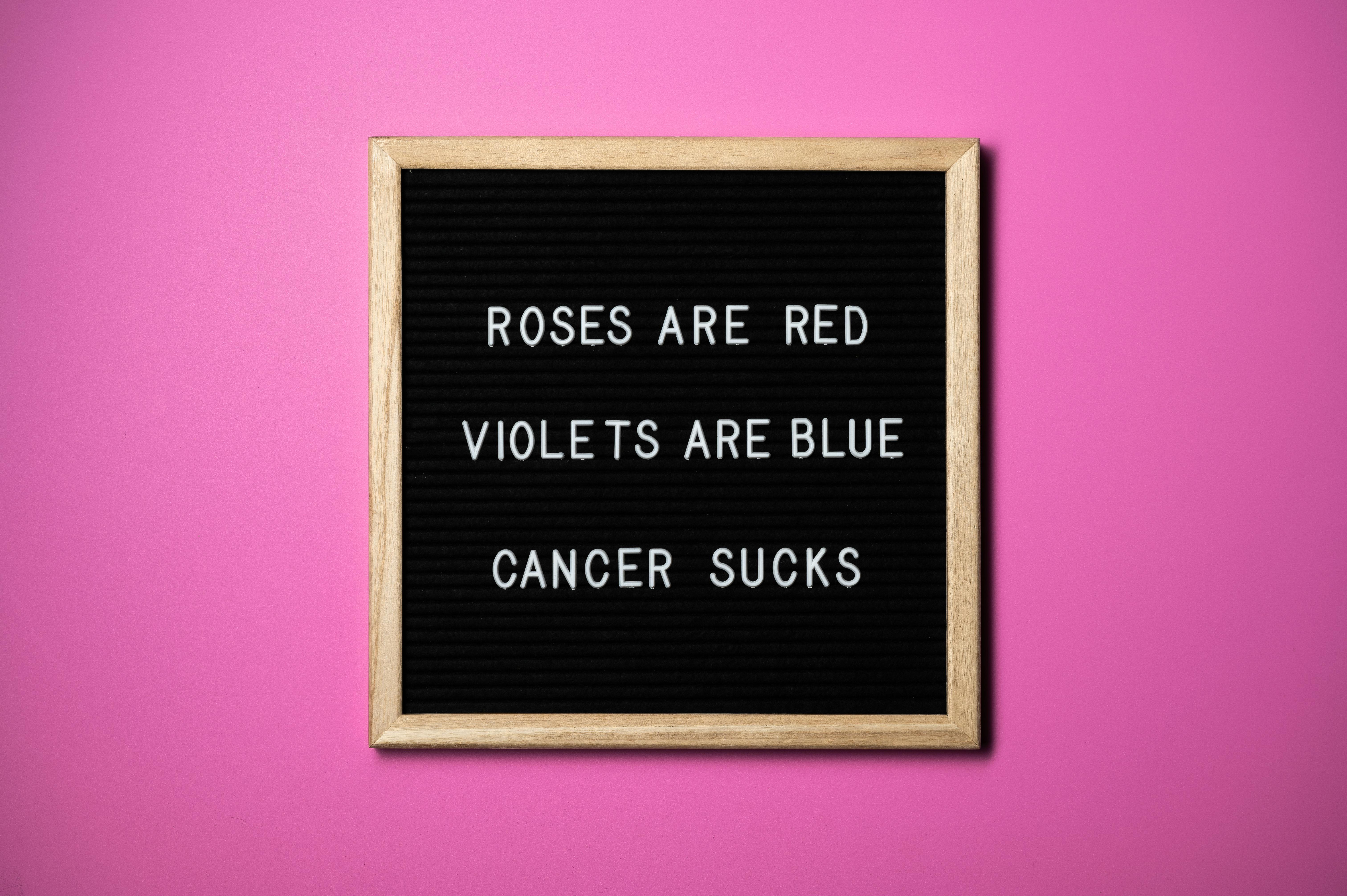People First for World Cancer Day 2025
Written by Paige Tamasi
As people flip their calendars to February, international World Cancer Day 2025 approaches. February 4 has been designated for this progressive day for the past 25 years. The informative day has been spearheaded by the Union for International Cancer Control (UICC). 2025 marks the beginning of a new theme for the day: “United by Unique.”
“United by Unique” focuses on how people with cancer are often overlooked by doctors and professionals who focus more on the cancer than the patient. “Unique” comes from how no two experiences with cancer are the same —every experiences cancer and the treatments differently. “United” comes from the drive for people to unite against this habit: unite in seeing the person before their cancer diagnosis. The theme focuses on changing the focus of cancer treatment, to ensure that the treatment never loses sight of the fact that the patient is a person and should be treated as such.
This theme will last for three years (2025-2027) and each year the focus will be on a different step to achieving the overarching goal outlined above. In 2025 the aim is to get various stories heard and commit to getting stories shared and heard globally. In 2026, the UICC promises that the stories that are being shared and that will continue to be shared will change minds. Finally, 2027 is all about how sharing stories and experiences will drive action toward improving cancer care.
World Cancer Day also provides a time for many research companies to make large or general announcements and 2025 is no different. The global biopharma company GSK has announced a collaboration with Oxford, called the GSK-Oxford Cancer Immuno-Prevention Programme. This £50 million agreement looks at how vaccination could prevent cancer.
The collaboration should hopefully accelerate the rate of traditional research to (in theory) find useful breakthroughs, and maybe a vaccine for cancer, sooner rather than later. Led by Oxford University’s Professor of Oncology, Sarah Blagden, and Dr Timothy Clay and Dr Roman Kemp (both at GSK), this partnership combines clinical trials, immuno-oncology, vaccinology, and precancer research to potentially use neoantigen sequences to prompt someone’s immune system to recognise cancer cells as hostile and begin targeting them in the pre-cancer stage. One of the reasons cancer can be so devastating is that cancer cells reproduce exponentially, making it extremely difficult for an immune system to handle without external help. But using the vulnerabilities in pre-cancer cells (that develop from regular cells), GSK and Oxford hope to remove cancer before it fully develops.
The government is also backing programs like the GSK-Oxford Cancer Immuno-Prevention Programme. As the Secretary of State for Science, Innovation, and Technology said; “As part of our [the UK government’s], the Government is determined to back our £108 billion life sciences sector to deliver research like this – which could transform our health – whilst boosting our economy too.”
World Cancer Day 2025 is looking to be a day focused on hope for people plagued by the disastrous disease. Hope for better treatment, more personal treatment, and hope for innovations in cancer-preventative technology are growing.
For another medicinal-based article written by Paige Tamasi go here!
Written by Paige Tamasi. Edited by Noah Blackham. Photography by Brett Sayles. Published by Paige Tamasi.
